MILITARY/WAR
Protesters Disrupt Senate And Demand Ceasefire As Blinken Presses For Israel Aid
Published
7 months agoon
By
Matthew Hall
More From Politically+
-
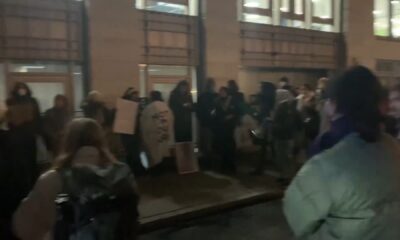

UK: Pro-Palestine Group Gathers Outside BP HQ in London to…
-


CODEPINK Enlists Kids To Help Call For Gaza Ceasefire In…
-
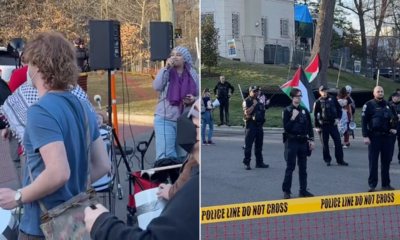

Washington, D.C.: Free Palestine Protesters Gather Outside Home Of Israel’s…
-
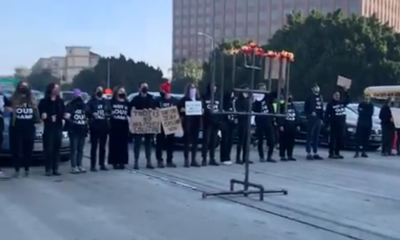

On the 6th day of Chanukah, @IfNotNowLA is blocking the…
-
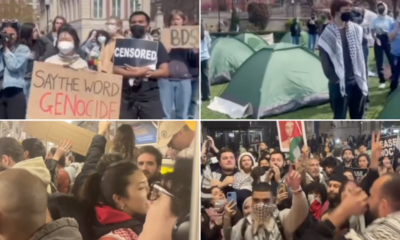

Columbia University Protest: Hundreds Of Students Protest Israel By Occupying…
-
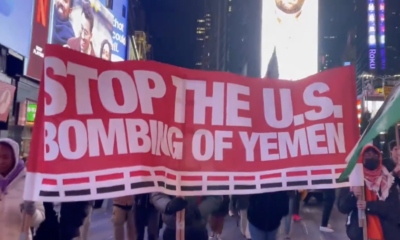

Protestors begin marching through Times Square in condemnation of the…
-
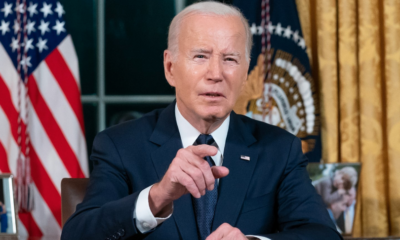

Biden Makes Appeal For ‘Unprecedented’ Aid To Israel And Ukraine…
-
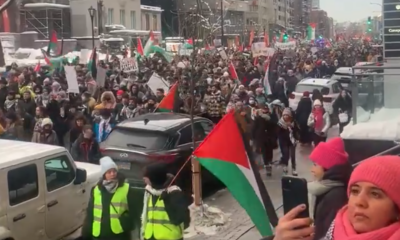

Canada: Pro-Palestine Gathering In Montréal, some 5000 Montréalers marched today…
-


Israel: Activists Call For Peace And Ceasefire While Holding Flour…
-
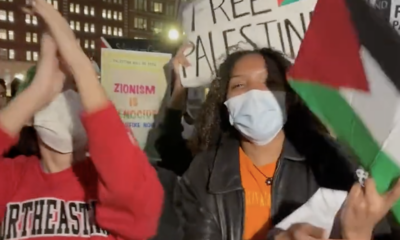

Thousands in Boston gather outside South Station chanting ‘Palestine will…
-
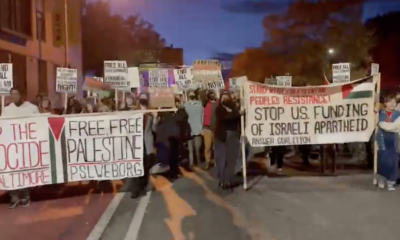

#ShutItDown4Palestine activists in Baltimore take the freeway (11/17/23)
-
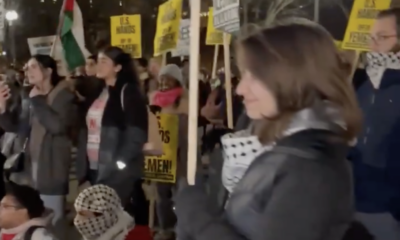

U.S. Airstrikes On Yemen Cause Outrage Amongst Demonstrators In Washington…
